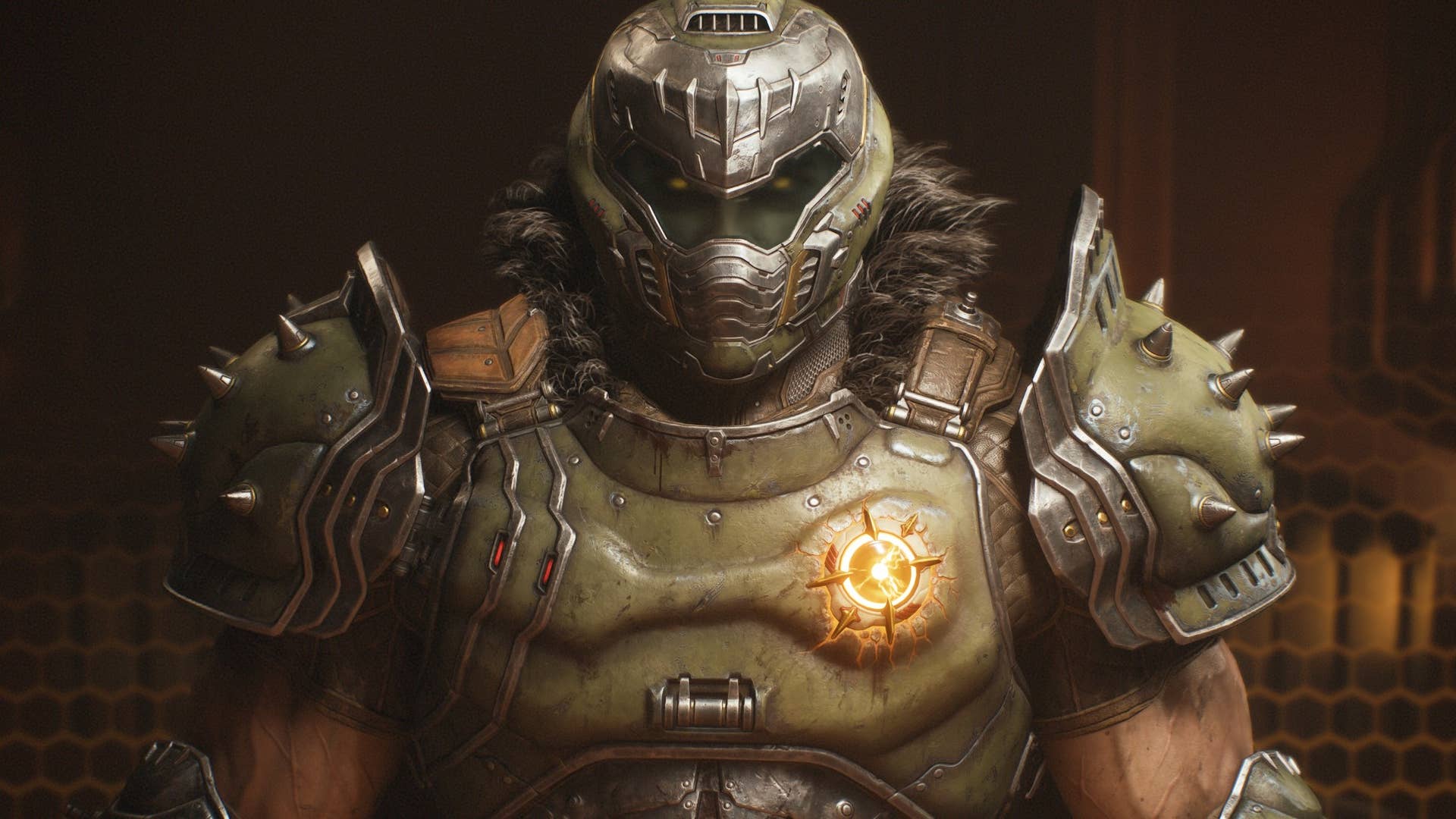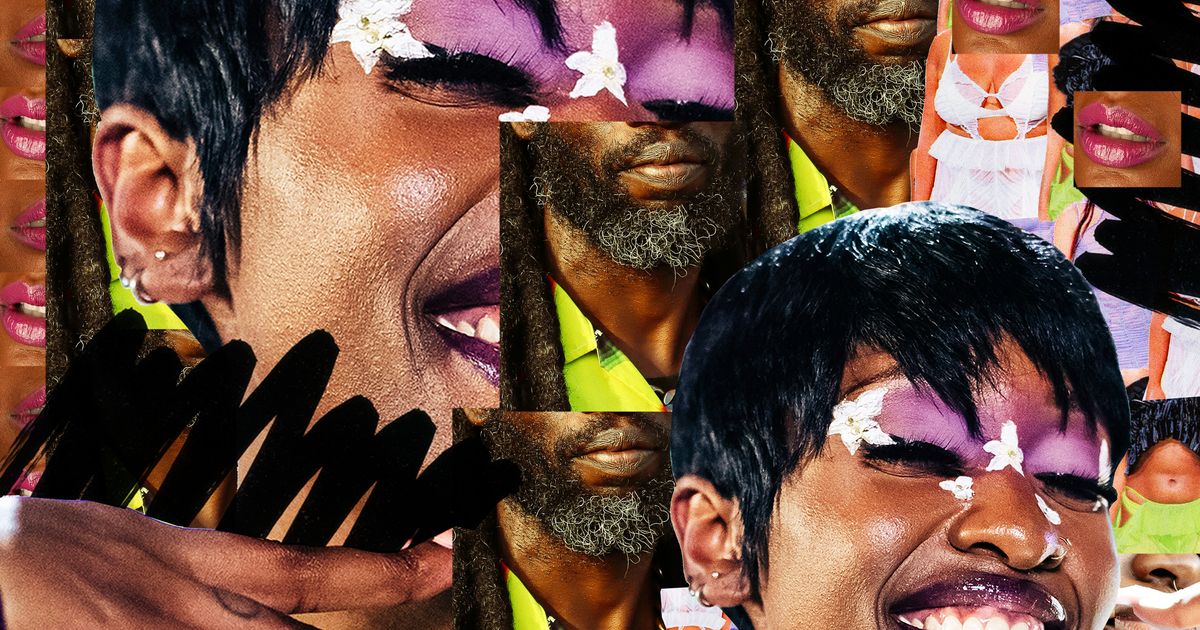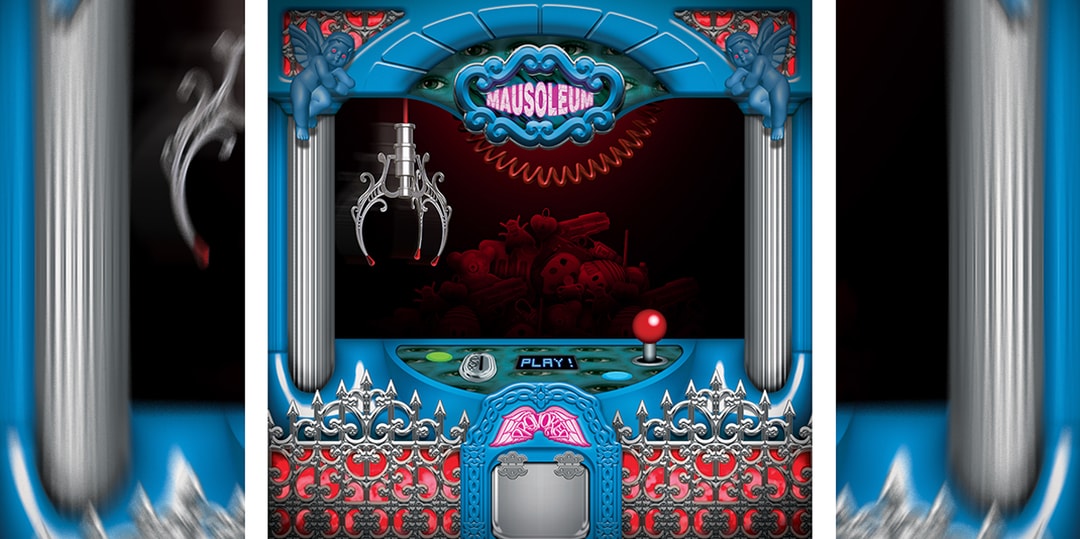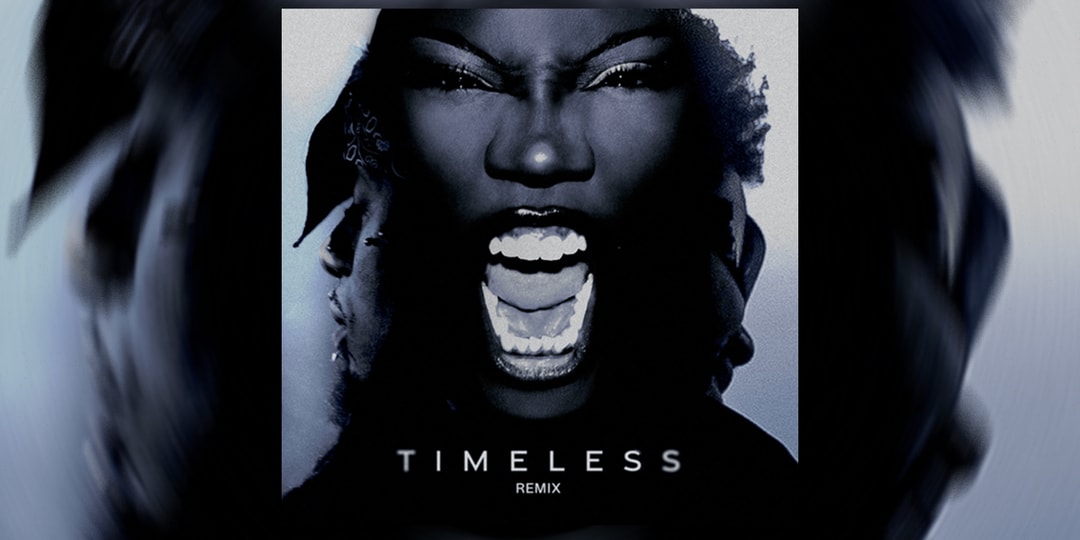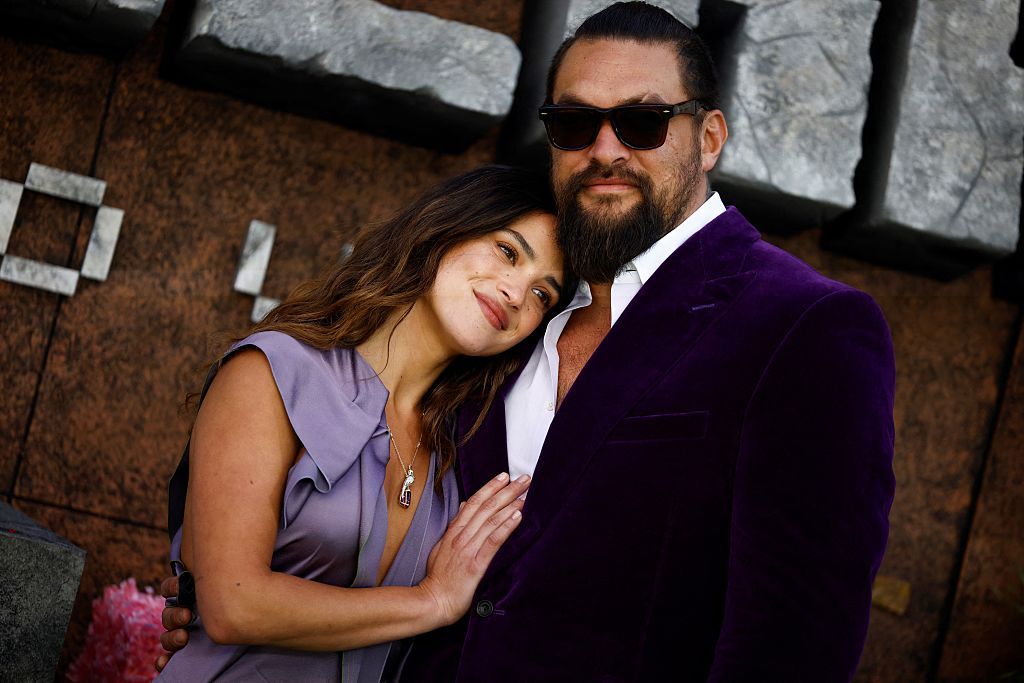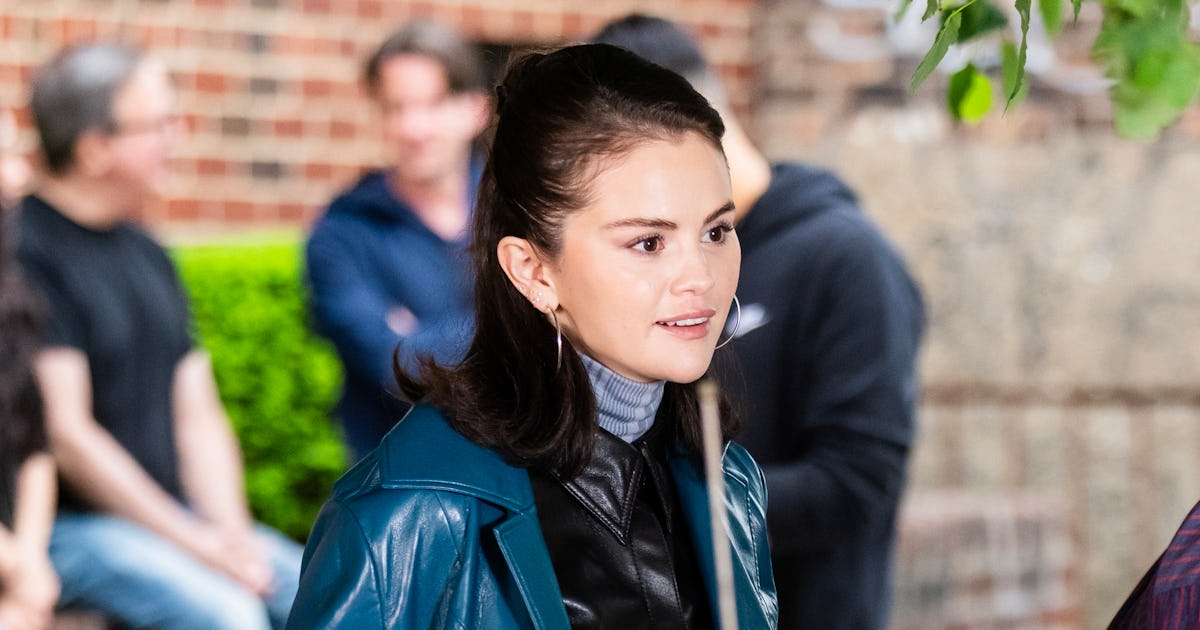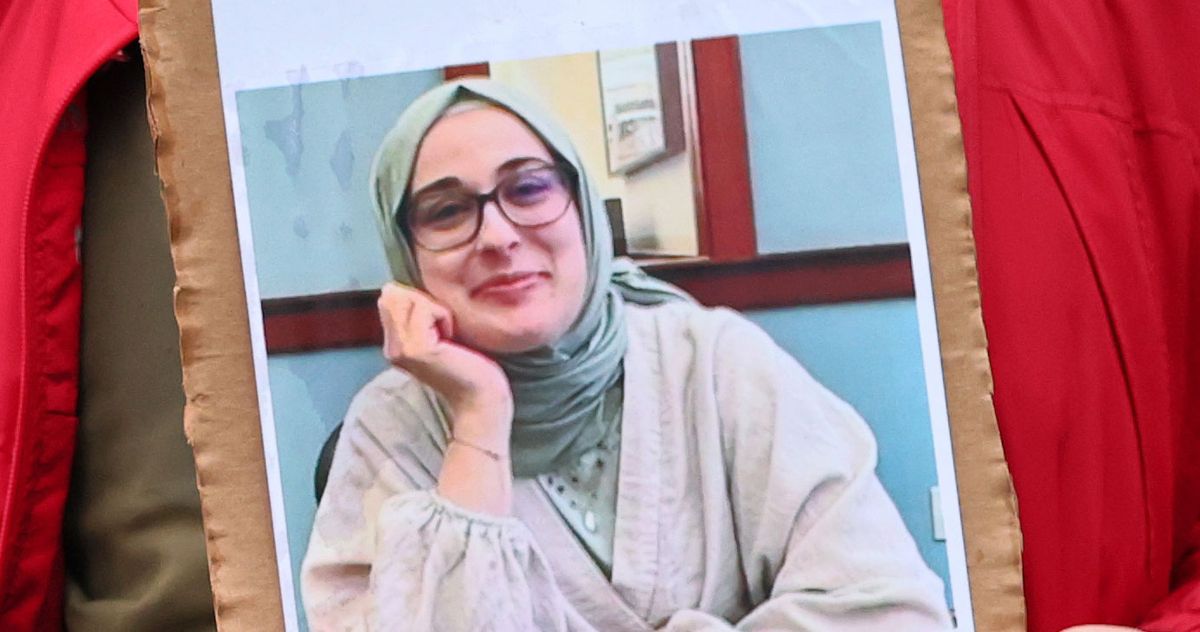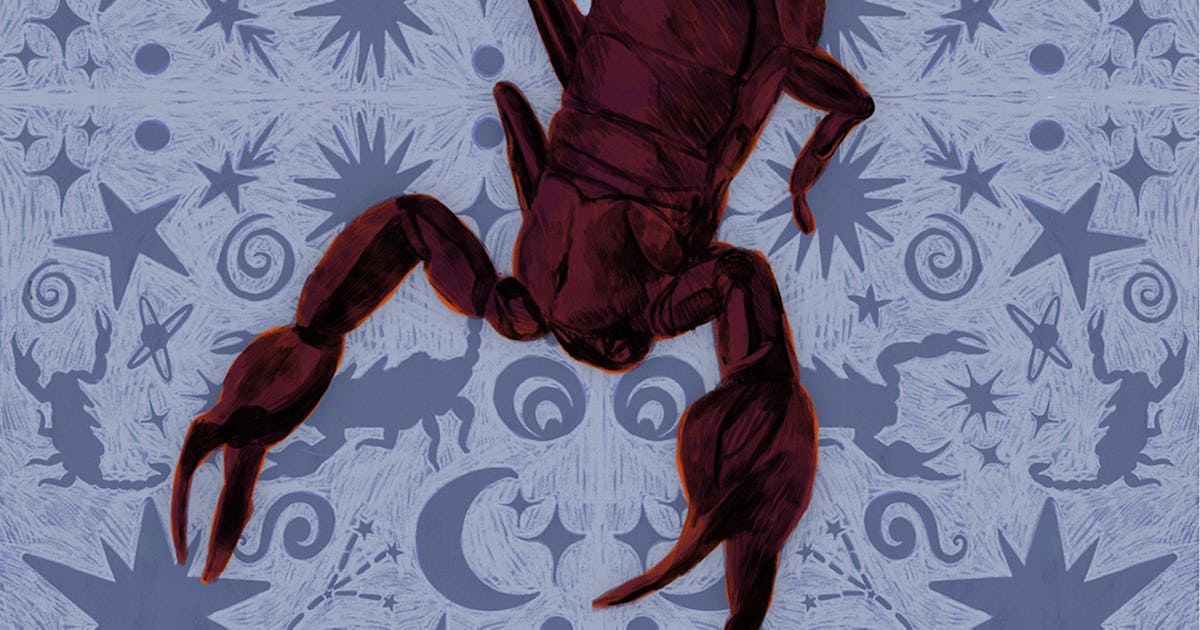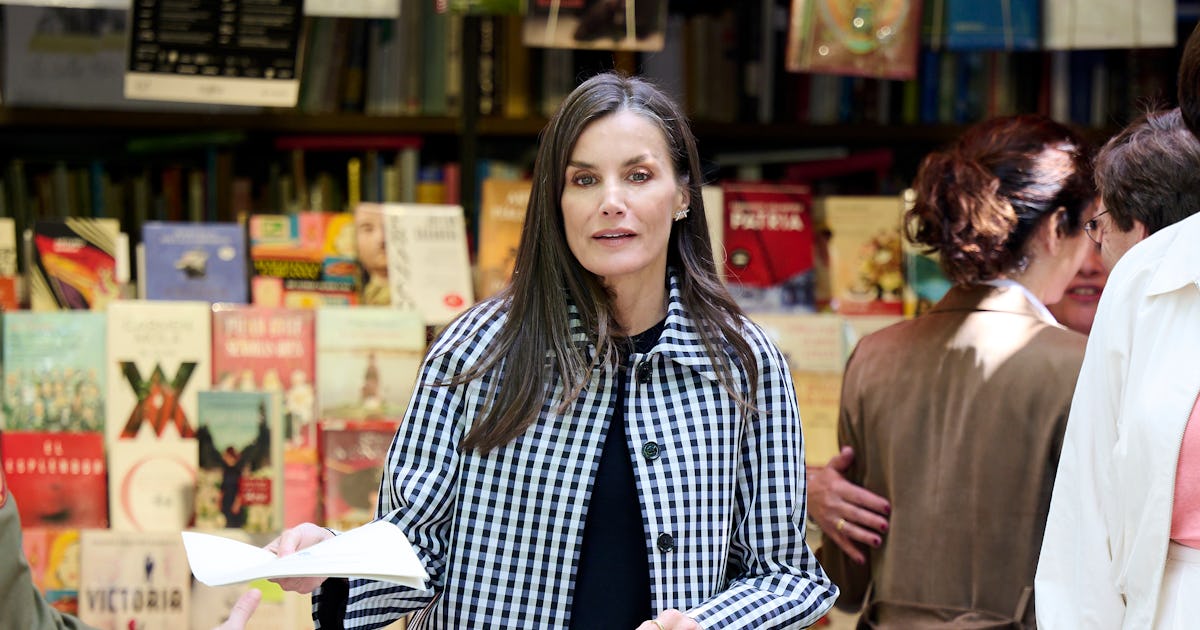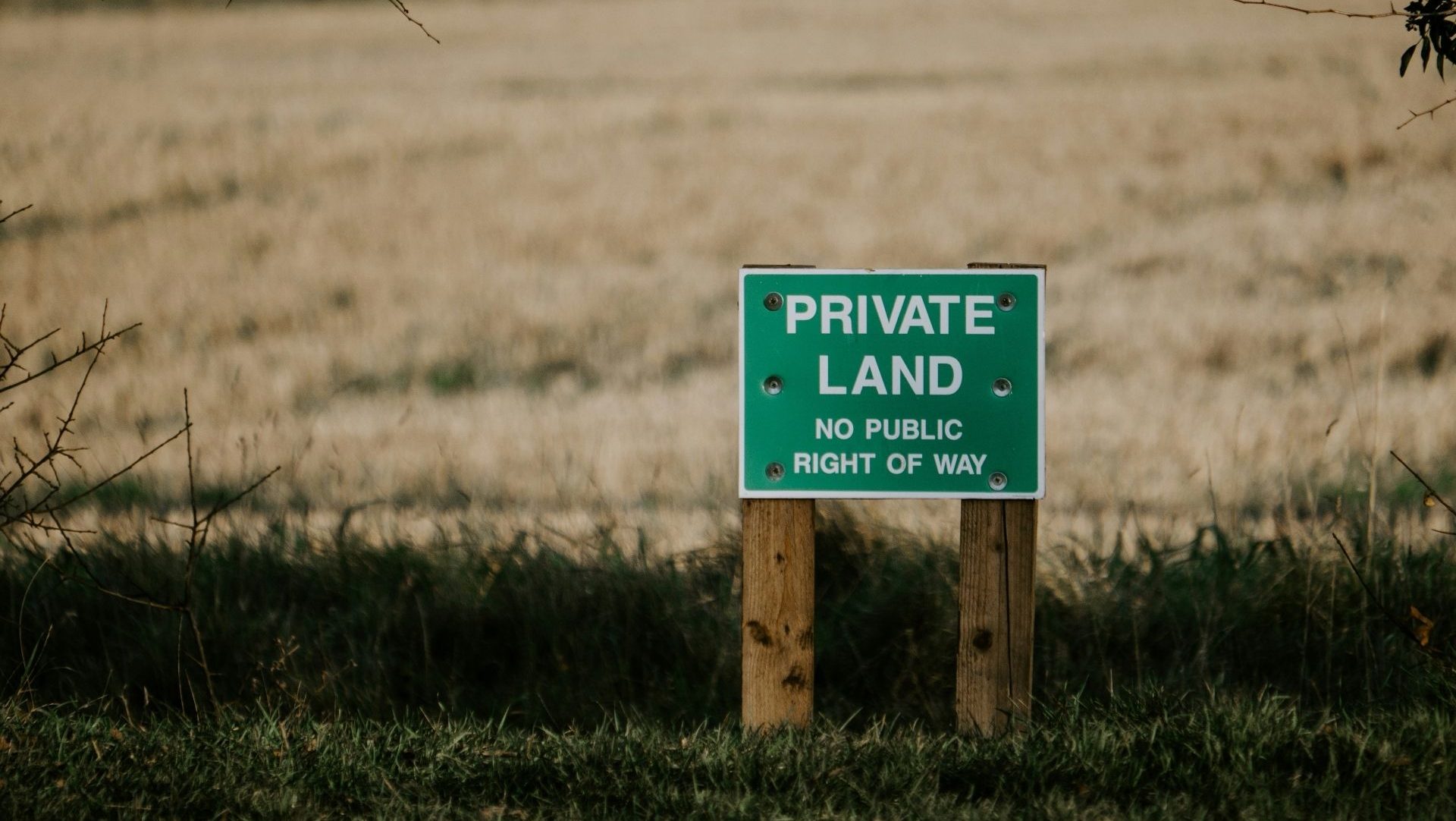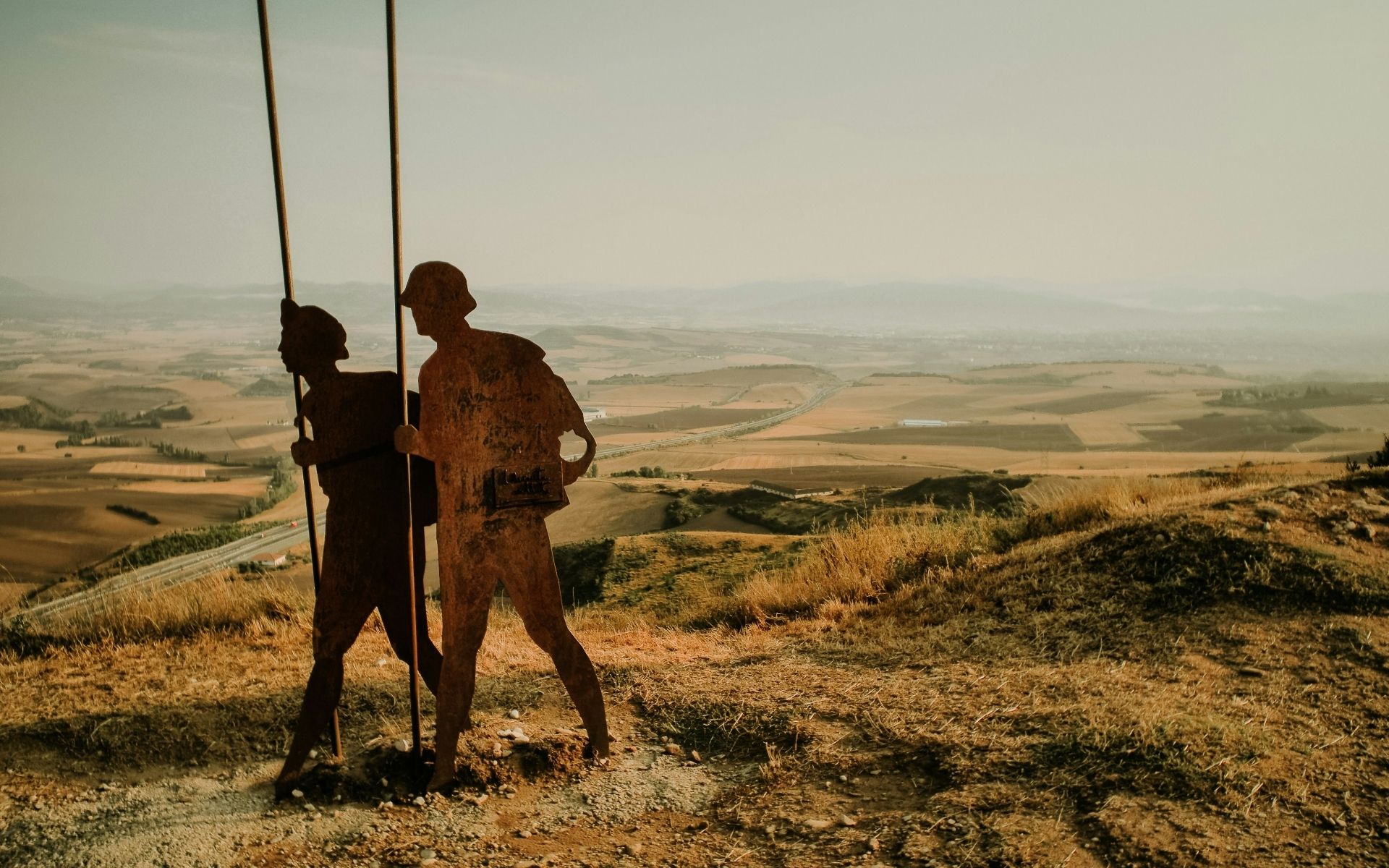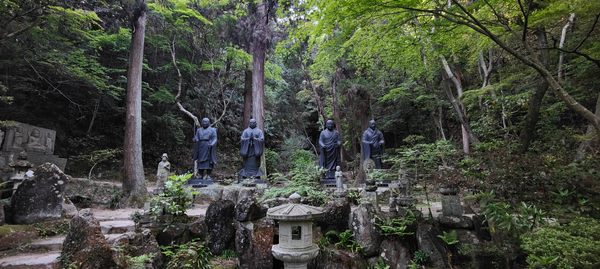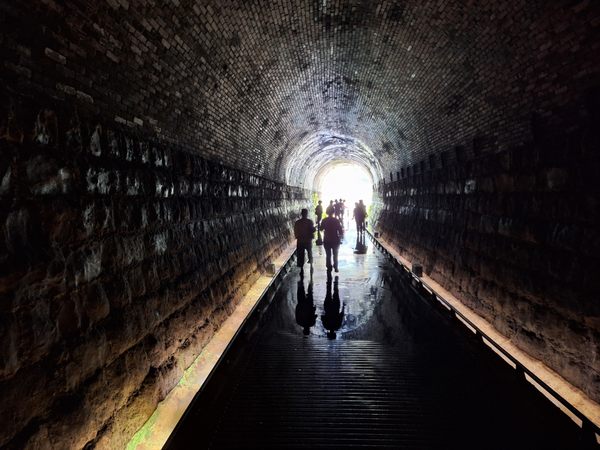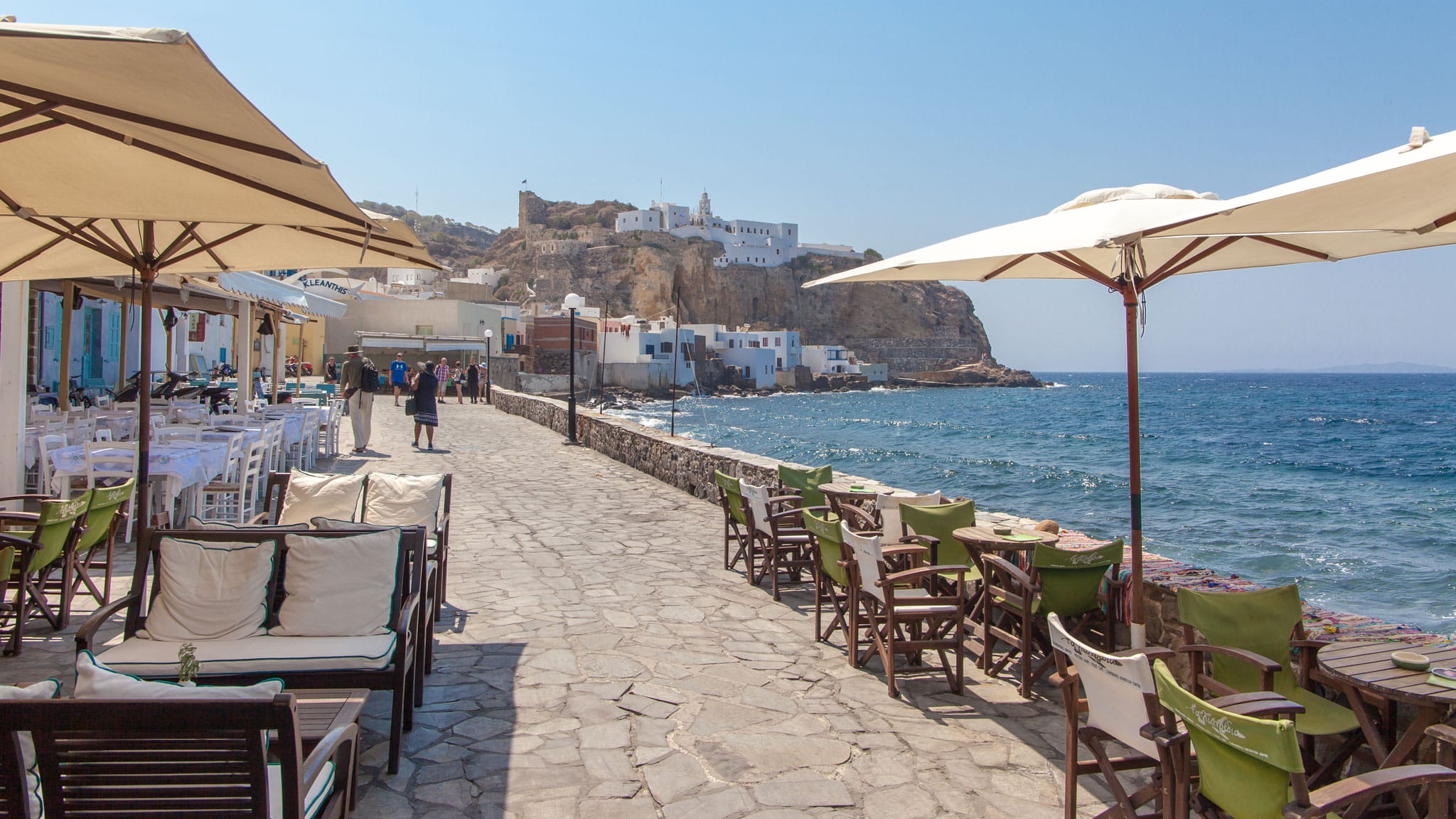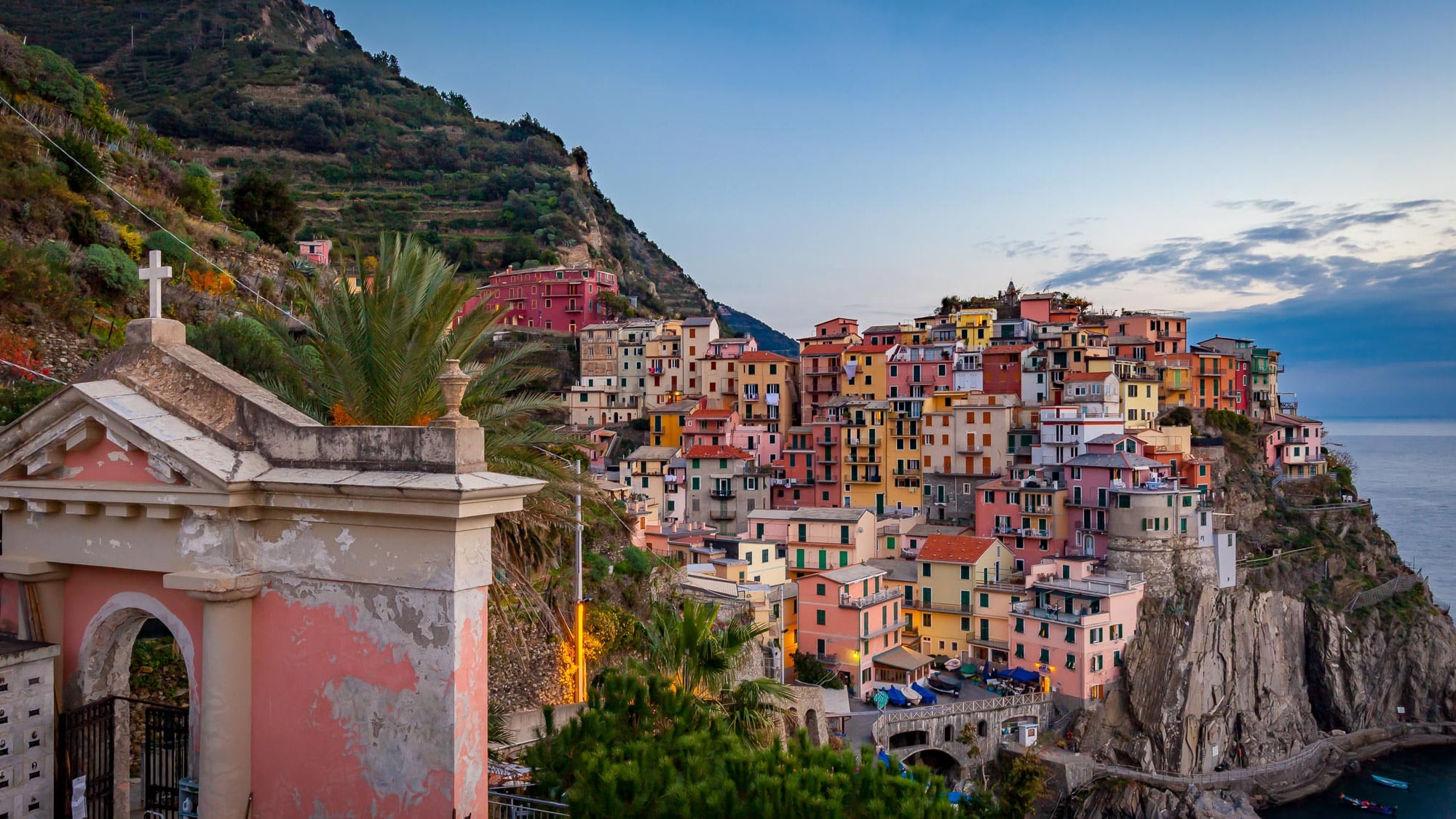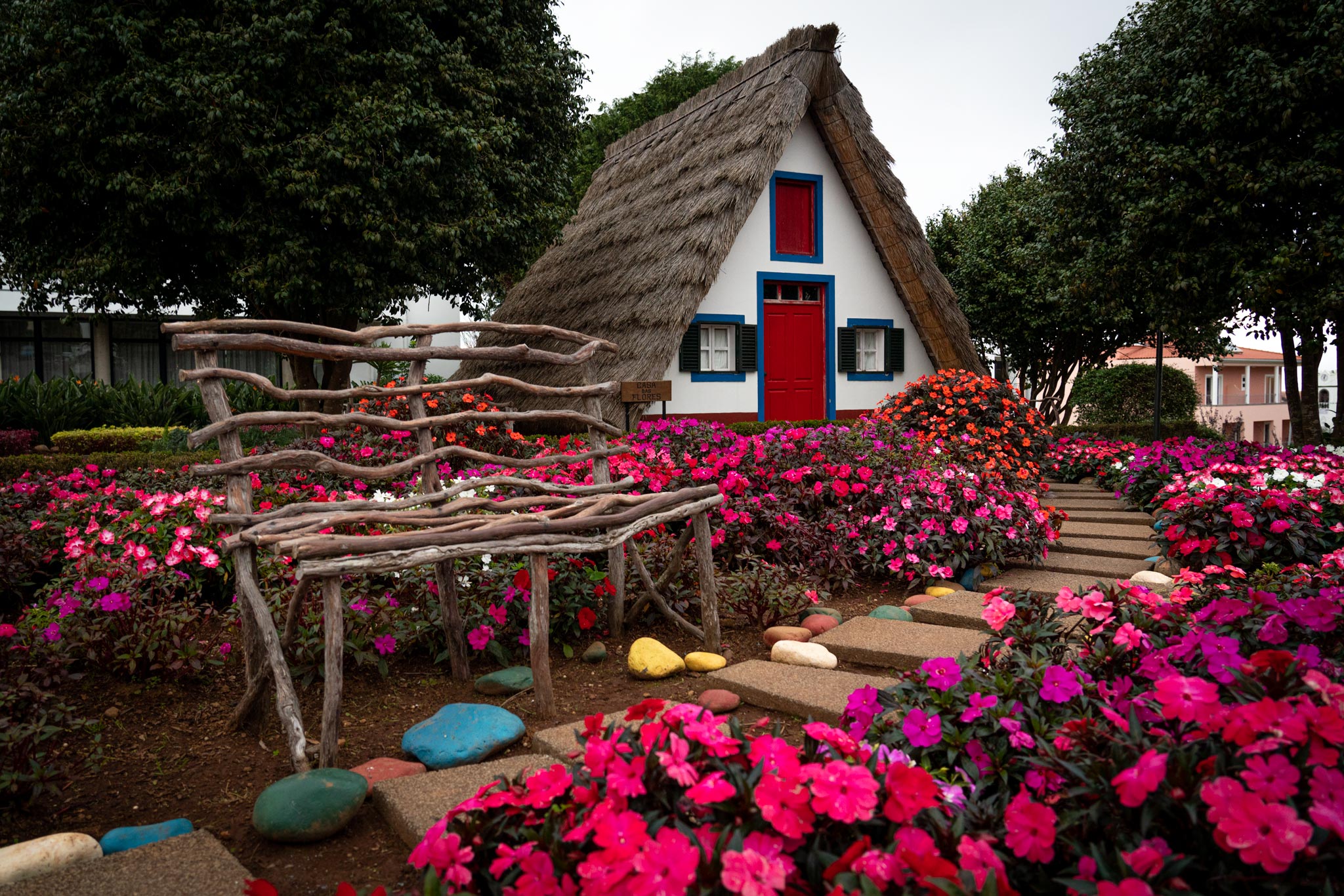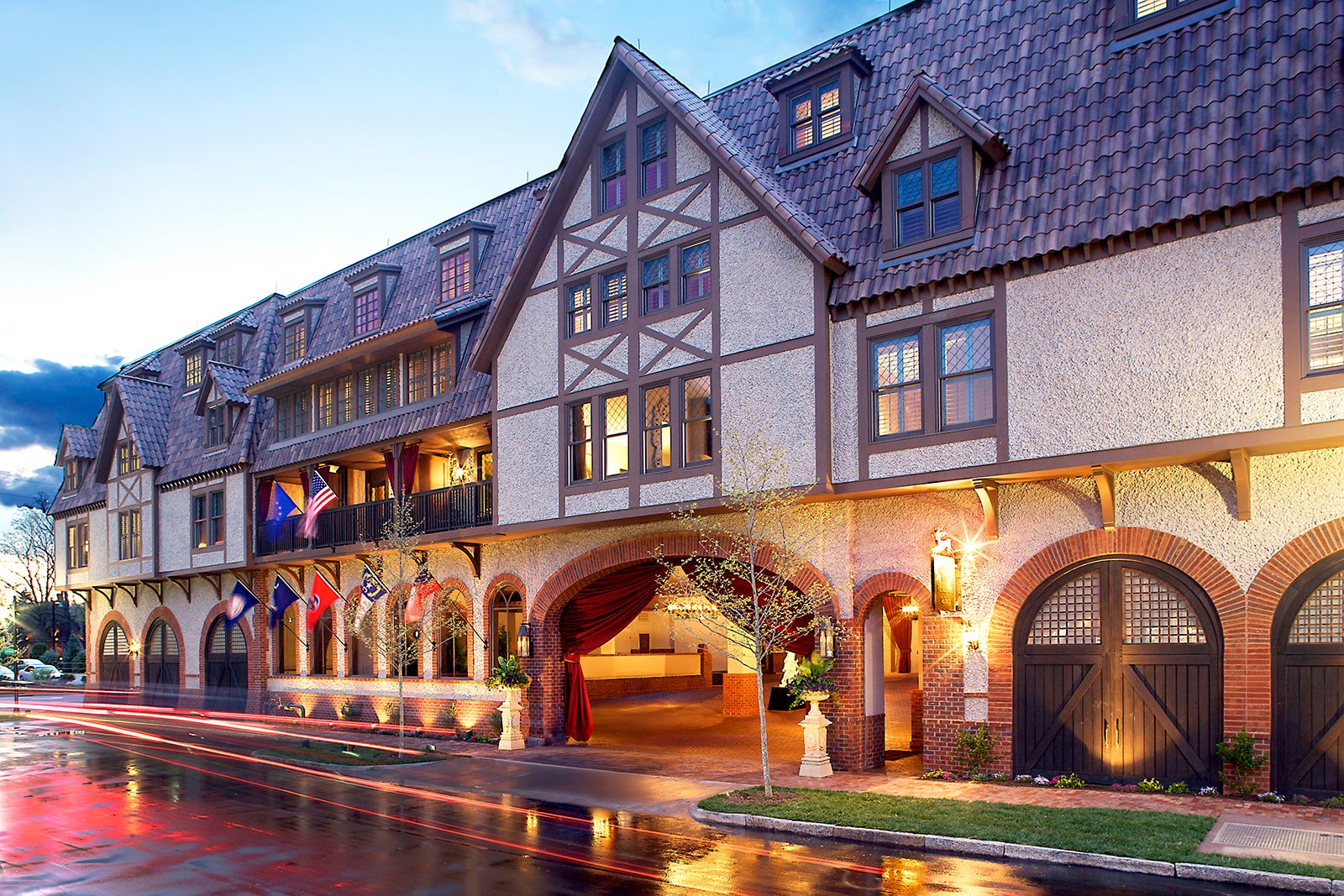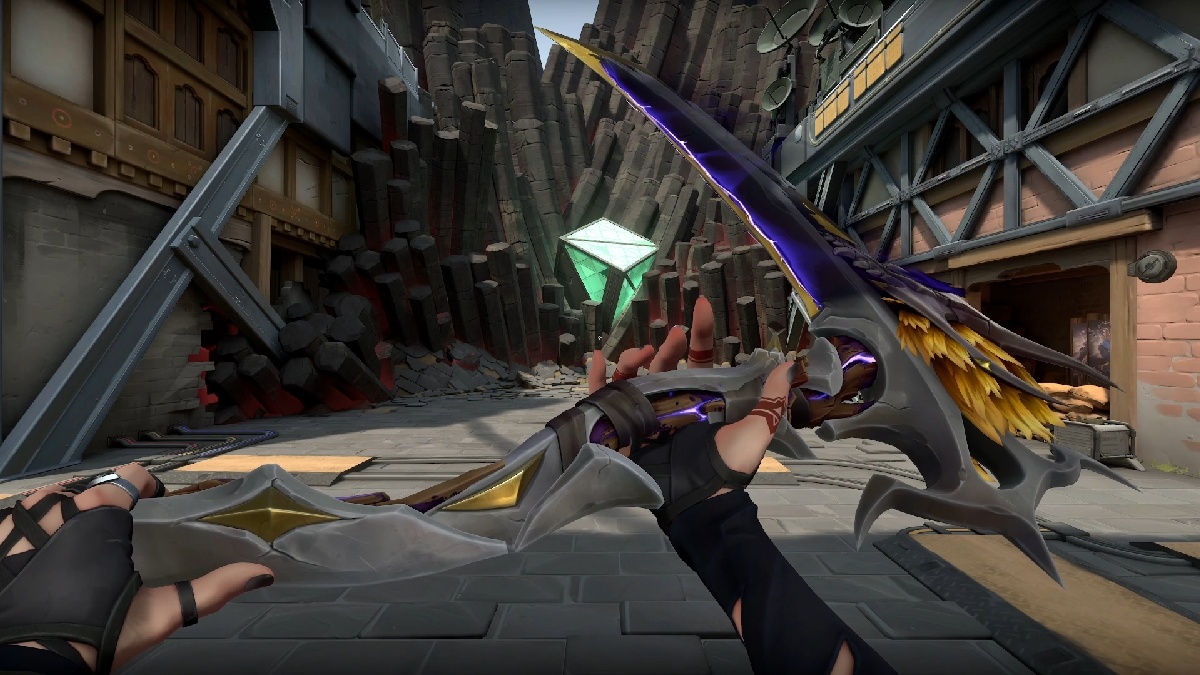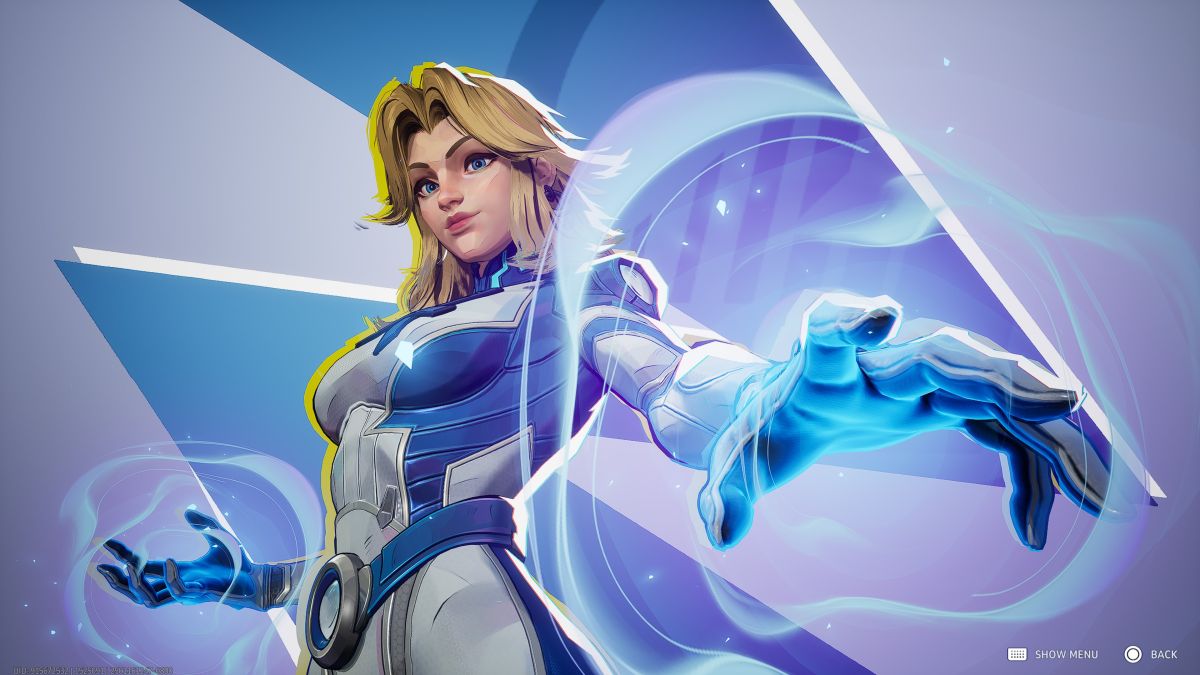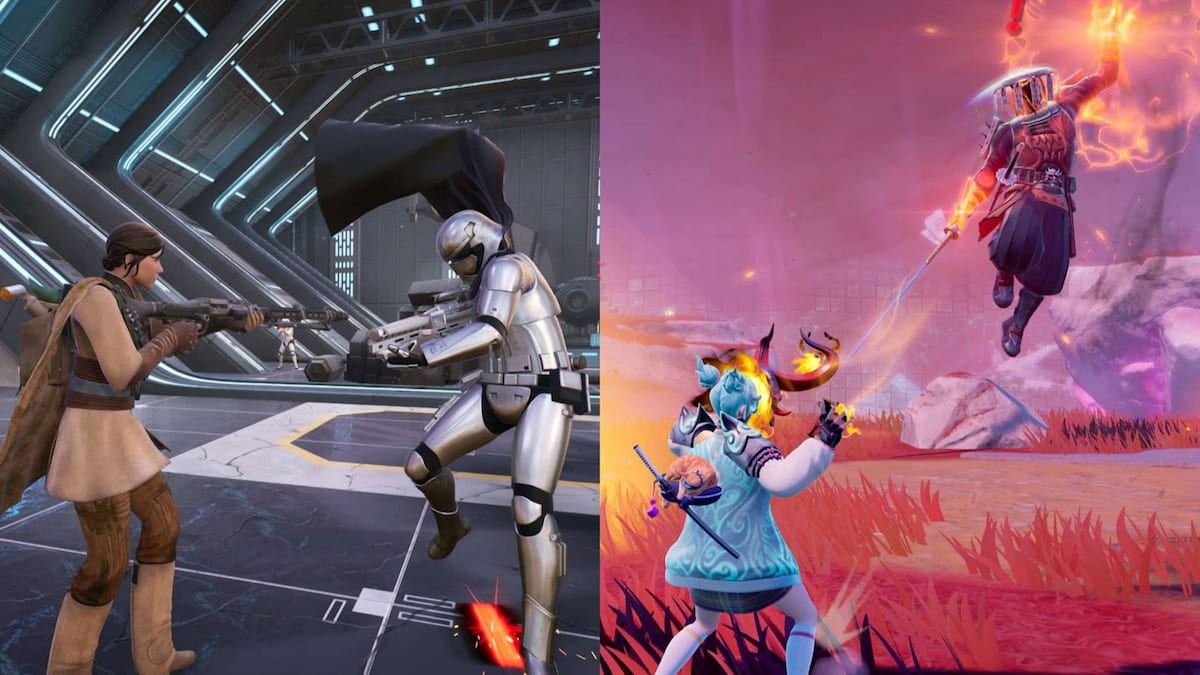Open world never felt right for the Mafia series—and I’m glad The Old Country didn’t go there
Mafia 3 was the first game in the series to go open-world, and while it aimed to expand the series' scope, it never quite captured what made the earlier titles special. Thankfully, The Old Country is going back to the old ways with a linear story. It's a step in the right direction, putting the spotlight back on what the series does best. Mafia 1 and 2 laid the foundation for the series' linear gameplay, where the focus was solely on the protagonist's journey, leaving little room for distractions. Who needs an endless open world when the story is so captivating that you're compelled to follow it to the very end? That's what Mafia 2 did for me, my first proper introduction to the series. Watching Vito Scaletta rise through the criminal world wasn't just a story; it was an experience, deeply satisfying as power and wealth flowed with each step, making the journey all the more worthwhile. Seeing The Old Country return to that same focused style feels like the series finally correcting course after the detour that was Mafia 3. Image via Hangar 13 Mafia: Definitive Edition solidified my commitment to the series' linear format, completely revamping the original. Tommy Angelo's story is the epitome of a classic mobster tale: an honest man who takes a wrong turn in life, only to find camaraderie and betrayal in equal measure. The way the game paints his evolution, his immersion in the world of crime, feels both genuine and riveting. The gameplay kept me on my toes, not just with gunfights or routine car chases, but through unique twists, like managing speed to avoid tickets or racing through the streets. I was so engrossed in Tommy's journey that the lack of sidequests or shops to explore didn't matter. All I cared about was what would happen to him next. Sure, these stories can be completed in about 20 hours. And maybe Mafia: The Old Country's Enzo Favara will turn out the same. It's often said that longer games offer more value in those 20 hours, but Mafia 1 and 2 delivered some of my most memorable experiences. Concise, focused, and to the point, those hours felt far more meaningful. Sometimes, I want a game I can sit down with, immerse myself in, and finish in a day or two. I can't even count the number of titles collecting dust in my library left unfinished because of their endless grind. With Mafia, every moment counted, leaving me with a lasting sense of accomplishment, no matter how bittersweet those endings might be. I'd much rather have The Old Country follow a similar format than risk an overly drawn-out, forgettable open world. Even if you prefer open-world mechanics, it's not as though Mafia 1 and 2 abandon those elements. Mafia: Definitive Edition included small but memorable touches, like quirky phone booth sidequests that added a bit of surprise and challenge. One even took you on an out-of-this-world adventure as you survived an alien invasion. I'm still unsure why aliens are in a mobster game, but it made things more interesting. Mafia 2 had its own flavor of exploration, with clothing stores that let you swap outfits to match the fashion of the 1940s and 1950s. There was something charming about picking a fresh coat, tuning in to old-time radio, and cruising through the streets as the city quietly hummed around you. Image via Hangar 13 You could argue that these features hinted at the series' potential to go fully open-world, and at the time, Mafia 3 seemed ready to embrace that path. I was genuinely excited to see the series expand its scope, but the map was wide but empty. Aside from causing chaos in the streets, there wasn't much to discover or do. It became a case of scale over substance. The game's opening hours stood out primarily because they leaned heavily into the narrative. Still, after that, it slipped into a repetitive cycle of taking down crime bosses. The missions lacked variety, and the story, which started with promise, stalled as Lincoln Clay's quest for revenge became increasingly one-note. Had Mafia 3 followed a tighter, more structured approach, it might have lived up to the emotional weight it was reaching for. Lincoln's story had potential—there were even subtle callbacks to earlier entries that could have deepened the experience. But buried beneath filler content and an overstretched world, the heart that defined Mafia 1 and 2 just didn't come through. Image via Hangar 13 Although Mafia: The Old Country has yet to be released, it already feels like it carries the same spirit that made its predecessors so compelling. I've always loved a good origin story, and shifting from familiar American cities to the mafia's birthplace in Sicily feels like a bold new beginning. The recent The Old Country trailer has drawn comparisons to GTA 6, likely because the announcements came close together, but the two are in entirely different leagues. Mafia was never meant to be Grand Theft Auto, and it shouldn't try to be. I play Mafia because it offers a focused experi
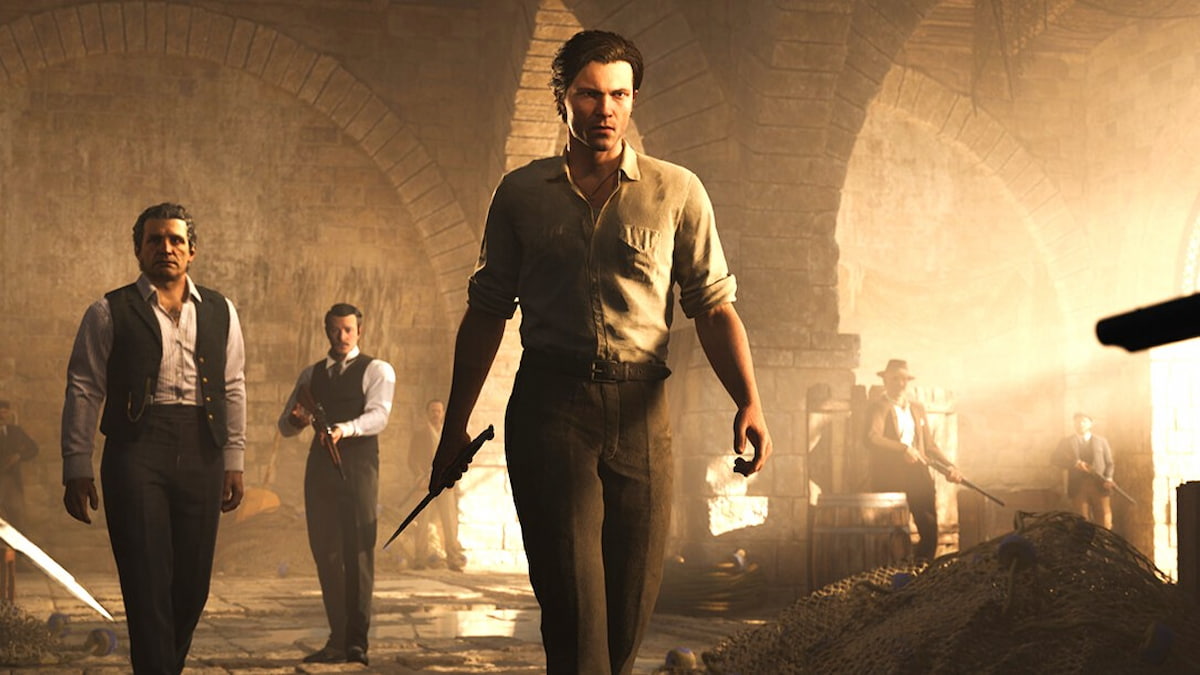
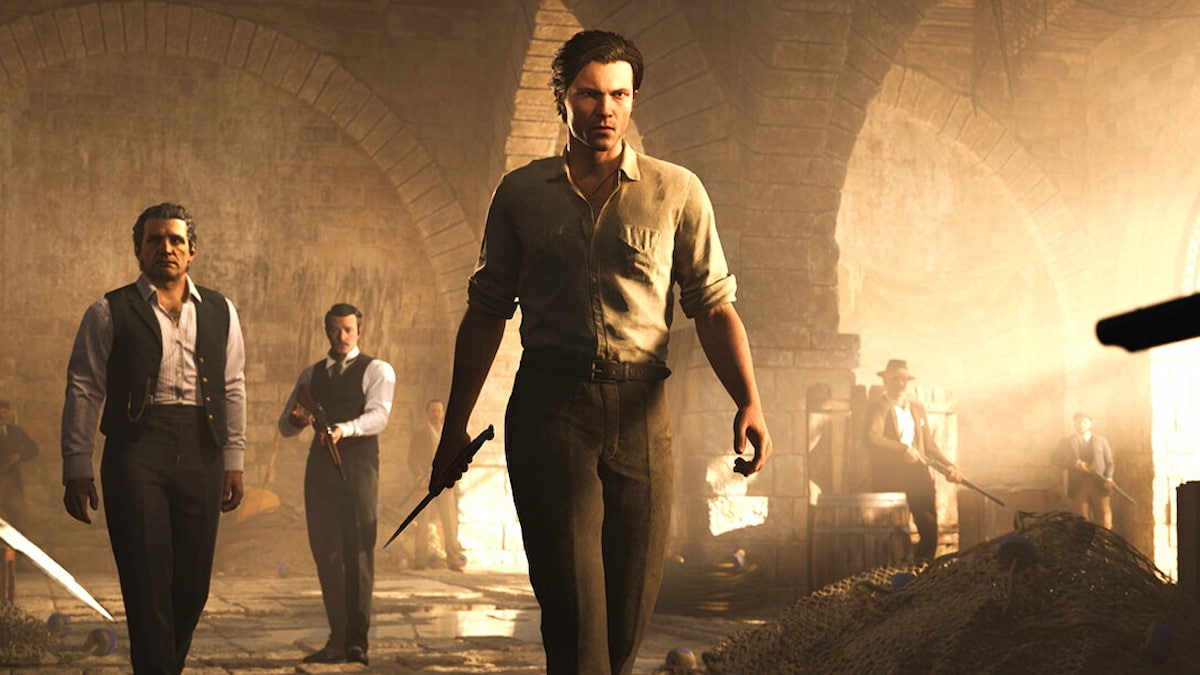
Mafia 3 was the first game in the series to go open-world, and while it aimed to expand the series' scope, it never quite captured what made the earlier titles special. Thankfully, The Old Country is going back to the old ways with a linear story. It's a step in the right direction, putting the spotlight back on what the series does best.
Mafia 1 and 2 laid the foundation for the series' linear gameplay, where the focus was solely on the protagonist's journey, leaving little room for distractions. Who needs an endless open world when the story is so captivating that you're compelled to follow it to the very end? That's what Mafia 2 did for me, my first proper introduction to the series. Watching Vito Scaletta rise through the criminal world wasn't just a story; it was an experience, deeply satisfying as power and wealth flowed with each step, making the journey all the more worthwhile. Seeing The Old Country return to that same focused style feels like the series finally correcting course after the detour that was Mafia 3.
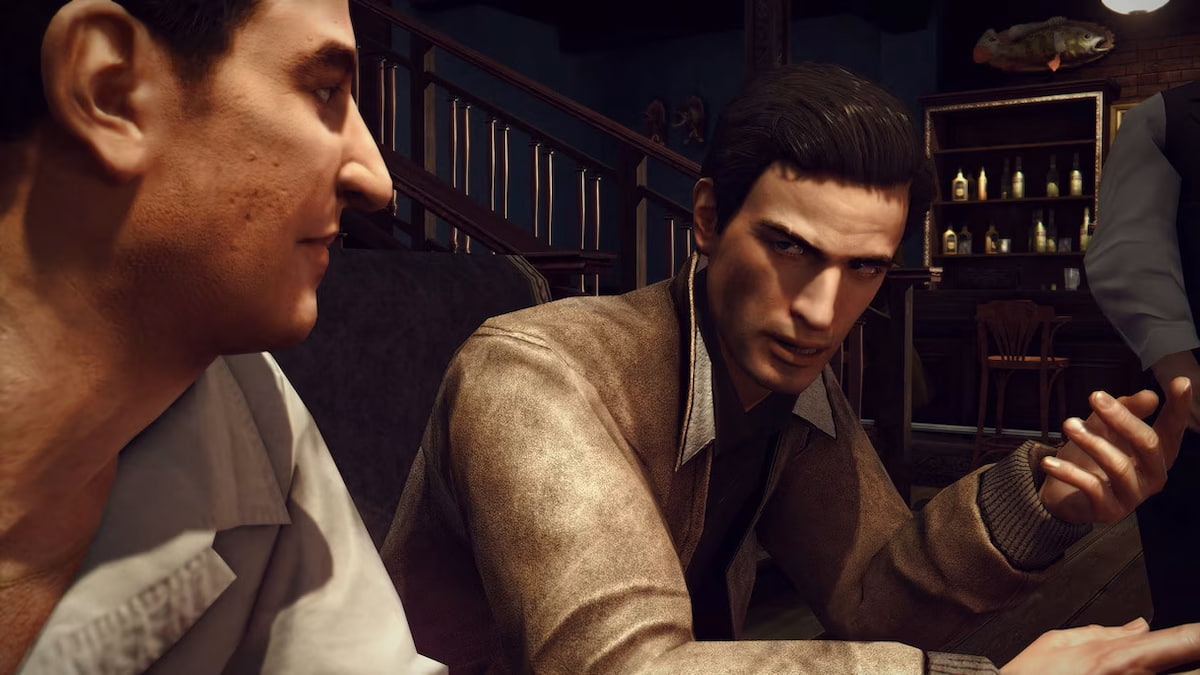
Mafia: Definitive Edition solidified my commitment to the series' linear format, completely revamping the original. Tommy Angelo's story is the epitome of a classic mobster tale: an honest man who takes a wrong turn in life, only to find camaraderie and betrayal in equal measure. The way the game paints his evolution, his immersion in the world of crime, feels both genuine and riveting. The gameplay kept me on my toes, not just with gunfights or routine car chases, but through unique twists, like managing speed to avoid tickets or racing through the streets. I was so engrossed in Tommy's journey that the lack of sidequests or shops to explore didn't matter. All I cared about was what would happen to him next.
Sure, these stories can be completed in about 20 hours. And maybe Mafia: The Old Country's Enzo Favara will turn out the same. It's often said that longer games offer more value in those 20 hours, but Mafia 1 and 2 delivered some of my most memorable experiences. Concise, focused, and to the point, those hours felt far more meaningful.
Sometimes, I want a game I can sit down with, immerse myself in, and finish in a day or two. I can't even count the number of titles collecting dust in my library left unfinished because of their endless grind. With Mafia, every moment counted, leaving me with a lasting sense of accomplishment, no matter how bittersweet those endings might be. I'd much rather have The Old Country follow a similar format than risk an overly drawn-out, forgettable open world.
Even if you prefer open-world mechanics, it's not as though Mafia 1 and 2 abandon those elements. Mafia: Definitive Edition included small but memorable touches, like quirky phone booth sidequests that added a bit of surprise and challenge. One even took you on an out-of-this-world adventure as you survived an alien invasion. I'm still unsure why aliens are in a mobster game, but it made things more interesting. Mafia 2 had its own flavor of exploration, with clothing stores that let you swap outfits to match the fashion of the 1940s and 1950s. There was something charming about picking a fresh coat, tuning in to old-time radio, and cruising through the streets as the city quietly hummed around you.
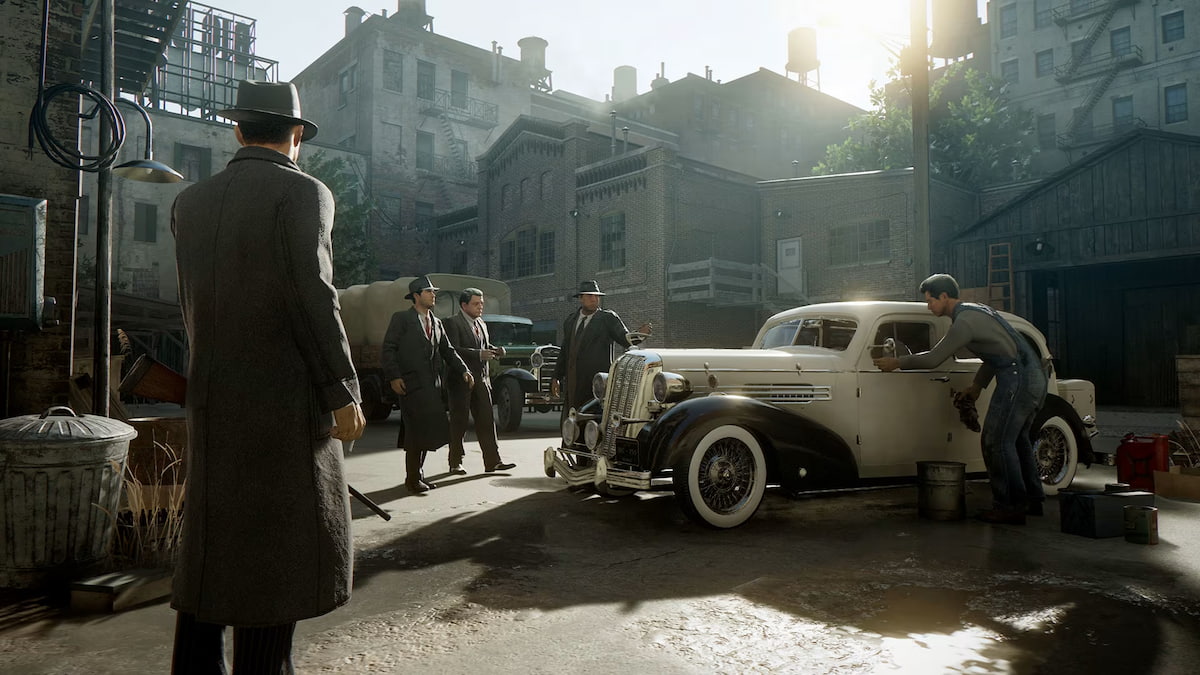
You could argue that these features hinted at the series' potential to go fully open-world, and at the time, Mafia 3 seemed ready to embrace that path. I was genuinely excited to see the series expand its scope, but the map was wide but empty. Aside from causing chaos in the streets, there wasn't much to discover or do. It became a case of scale over substance. The game's opening hours stood out primarily because they leaned heavily into the narrative. Still, after that, it slipped into a repetitive cycle of taking down crime bosses. The missions lacked variety, and the story, which started with promise, stalled as Lincoln Clay's quest for revenge became increasingly one-note.
Had Mafia 3 followed a tighter, more structured approach, it might have lived up to the emotional weight it was reaching for. Lincoln's story had potential—there were even subtle callbacks to earlier entries that could have deepened the experience. But buried beneath filler content and an overstretched world, the heart that defined Mafia 1 and 2 just didn't come through.
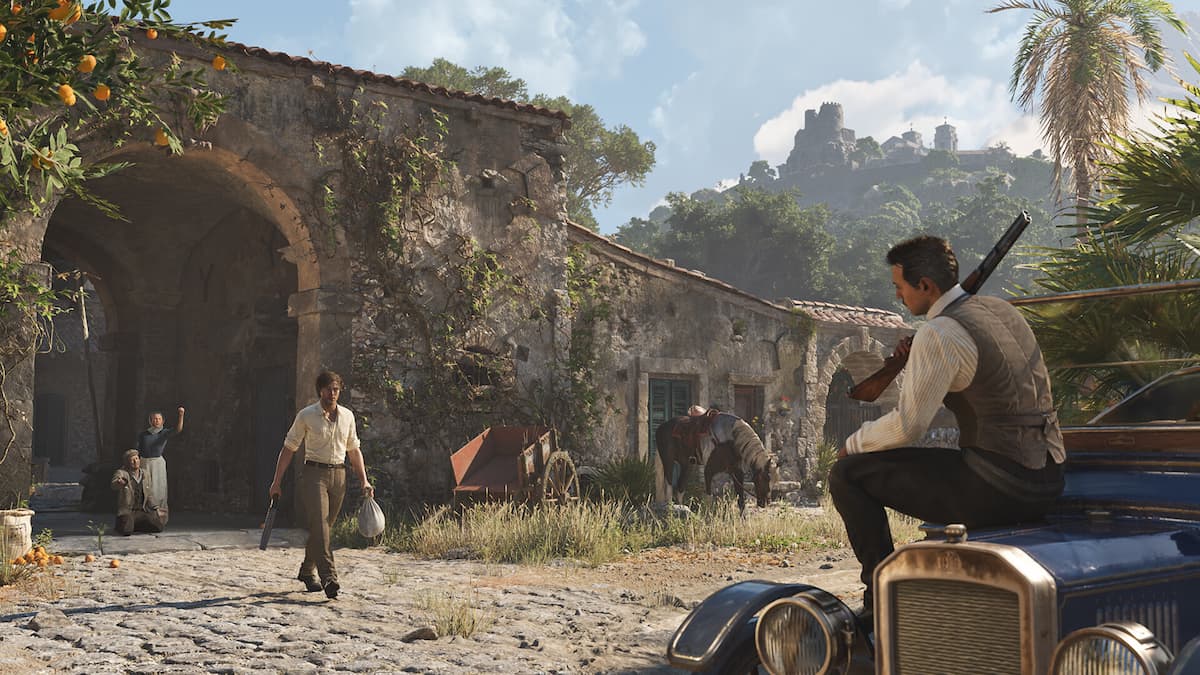
Although Mafia: The Old Country has yet to be released, it already feels like it carries the same spirit that made its predecessors so compelling. I've always loved a good origin story, and shifting from familiar American cities to the mafia's birthplace in Sicily feels like a bold new beginning.
The recent The Old Country trailer has drawn comparisons to GTA 6, likely because the announcements came close together, but the two are in entirely different leagues. Mafia was never meant to be Grand Theft Auto, and it shouldn't try to be. I play Mafia because it offers a focused experience built around a story, not sandbox chaos. That's why I'm relieved that The Old Country isn't chasing open-world trends. Instead of trying to compete with vast, endless games, it's carving its own path, focusing on atmosphere, character, and narrative depth. In a genre obsessed with going bigger, developer Hangar 13's choice to go deeper makes it stand out.
The post Open world never felt right for the Mafia series—and I’m glad The Old Country didn’t go there appeared first on Destructoid.





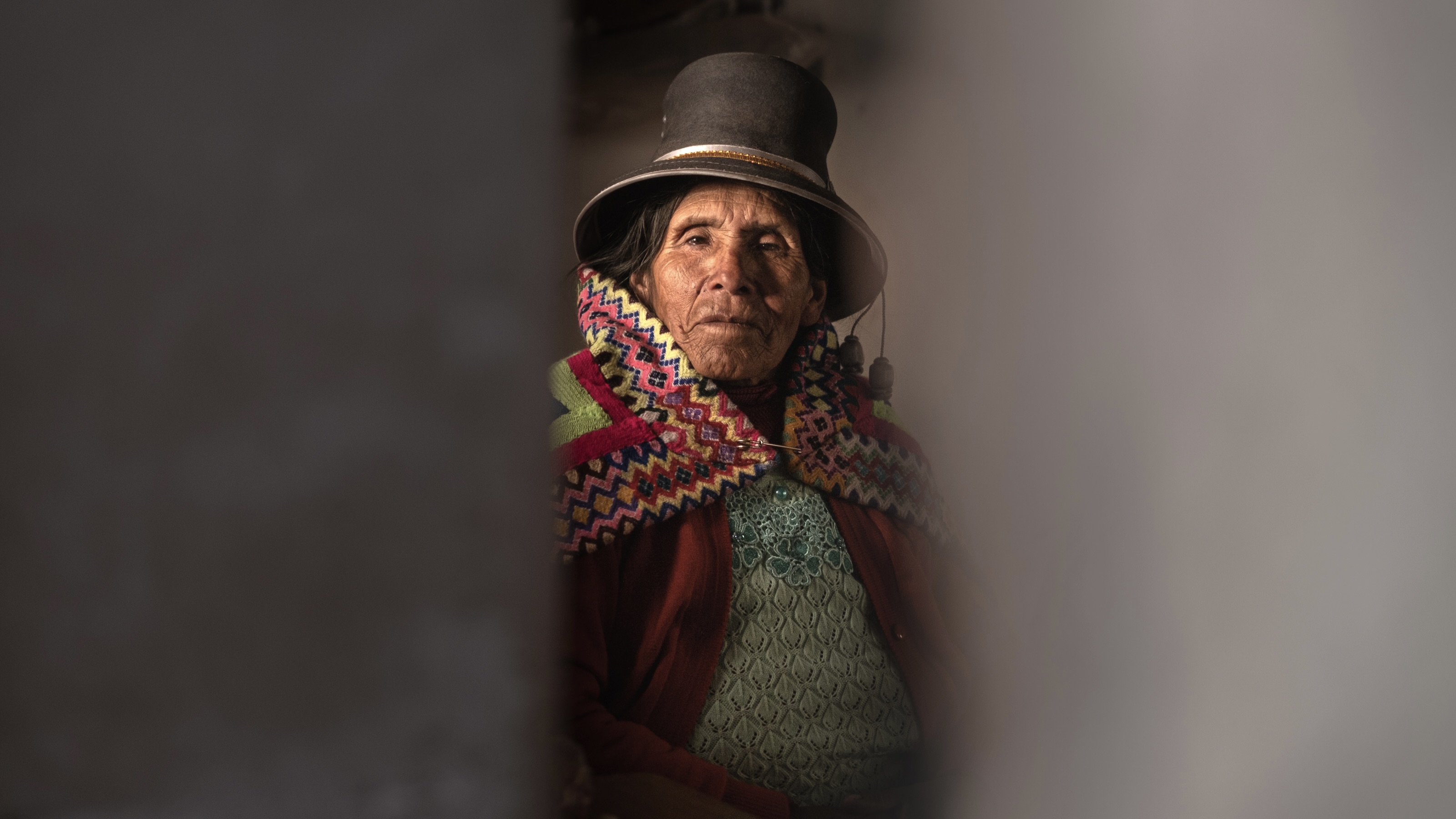























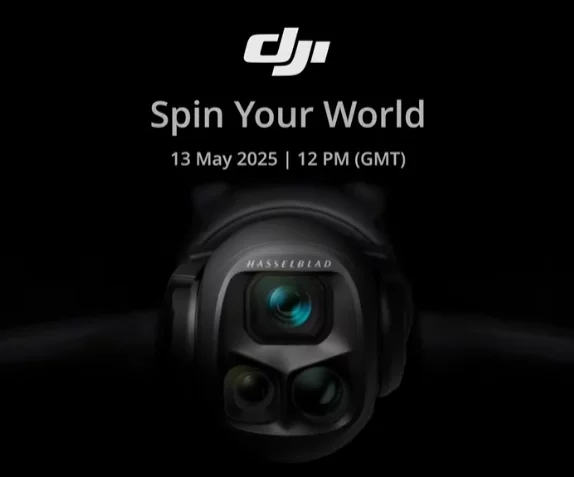

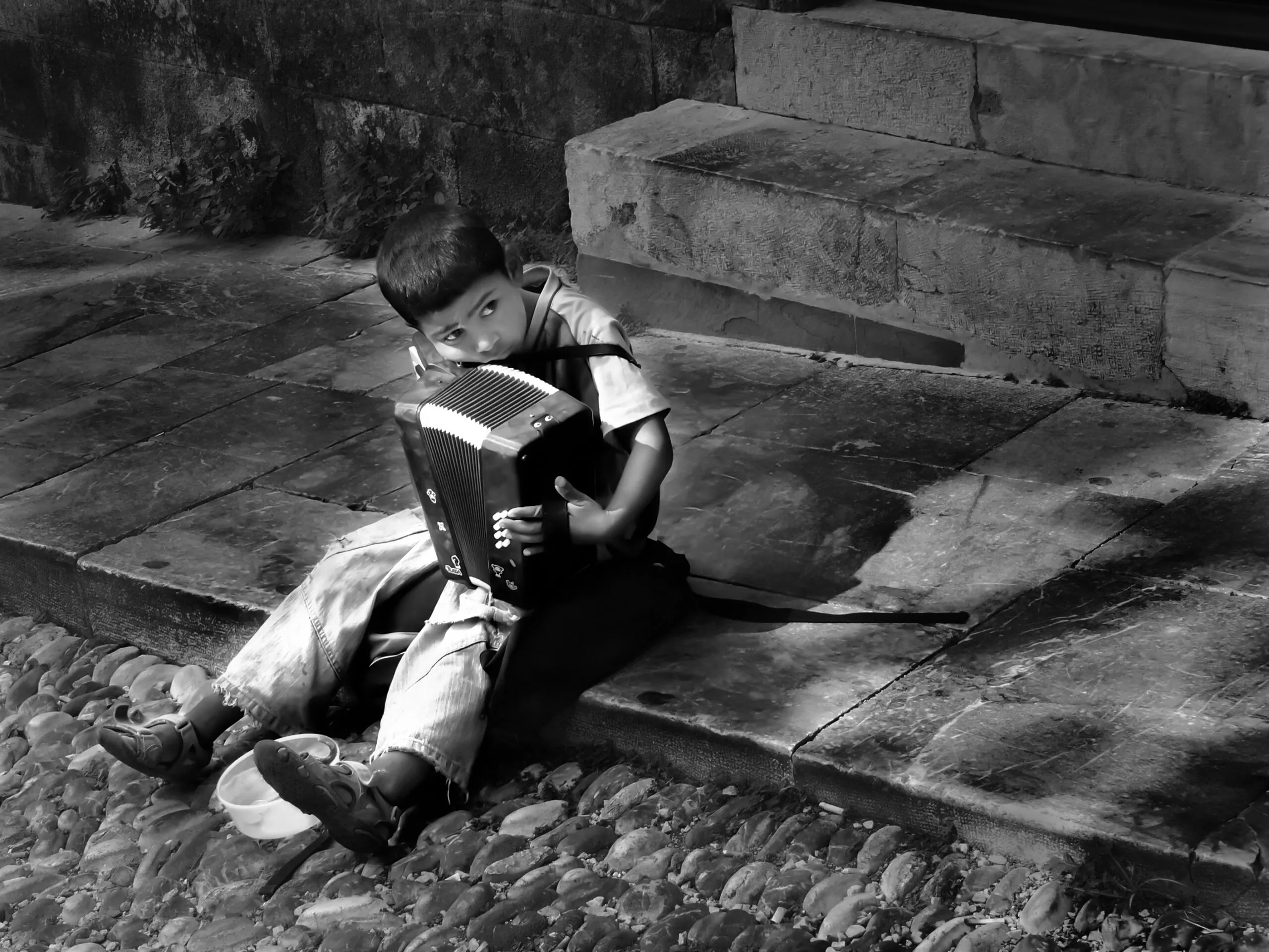


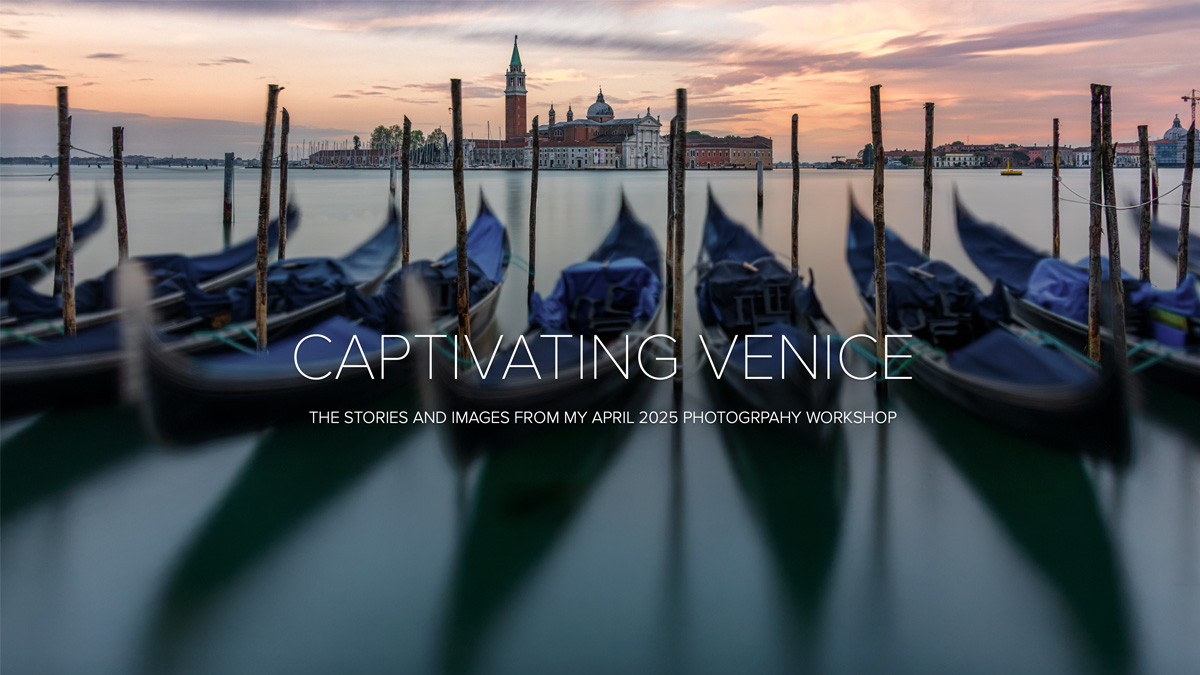



















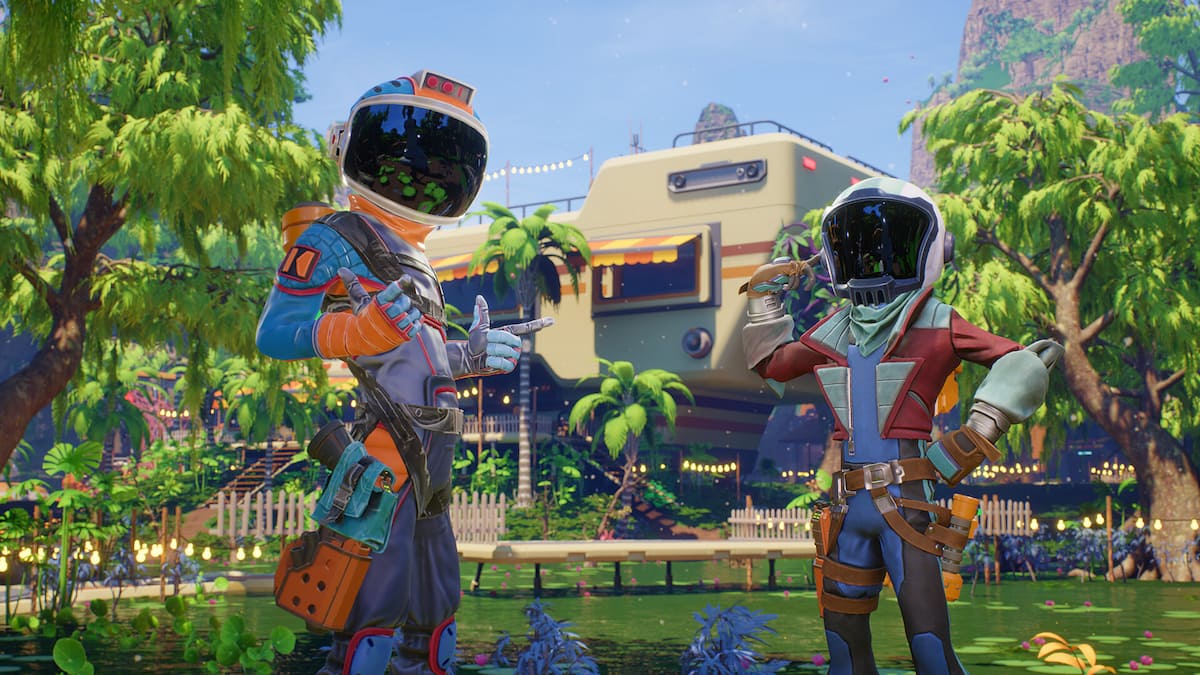
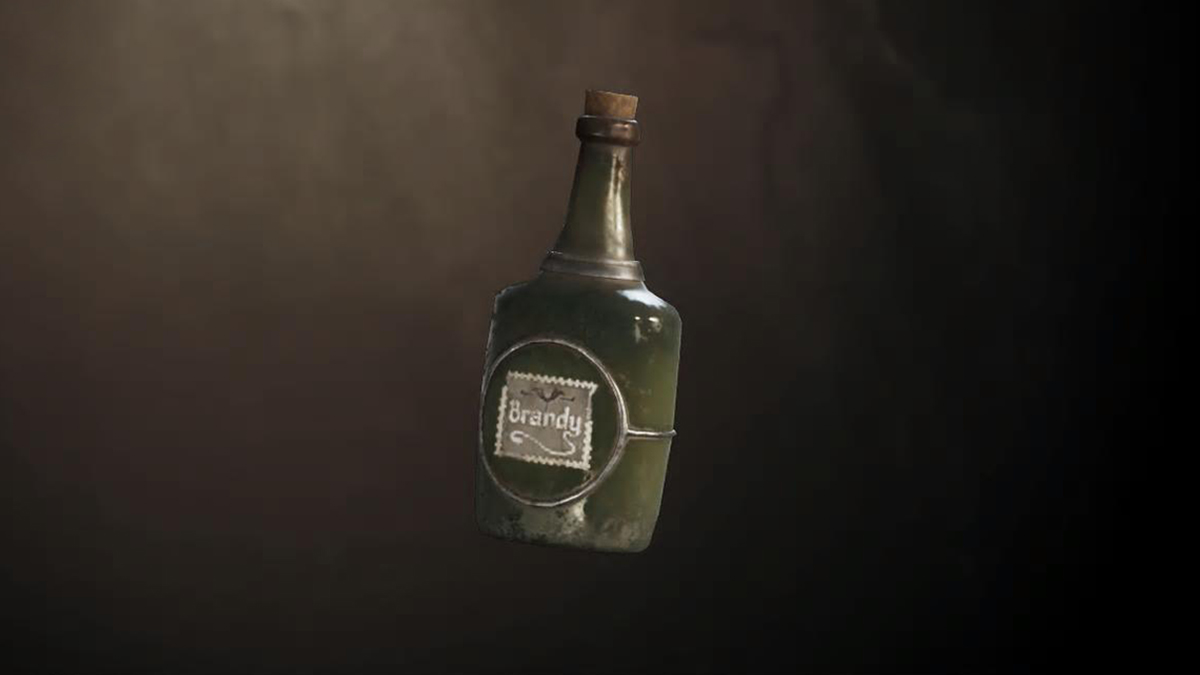
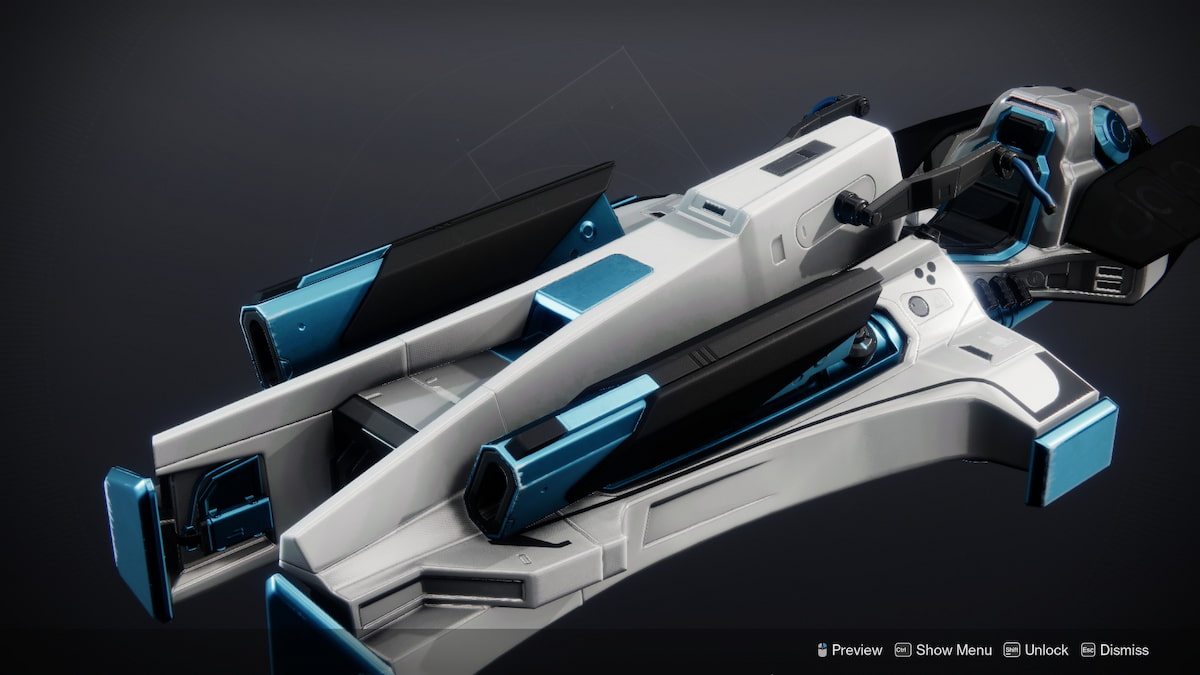
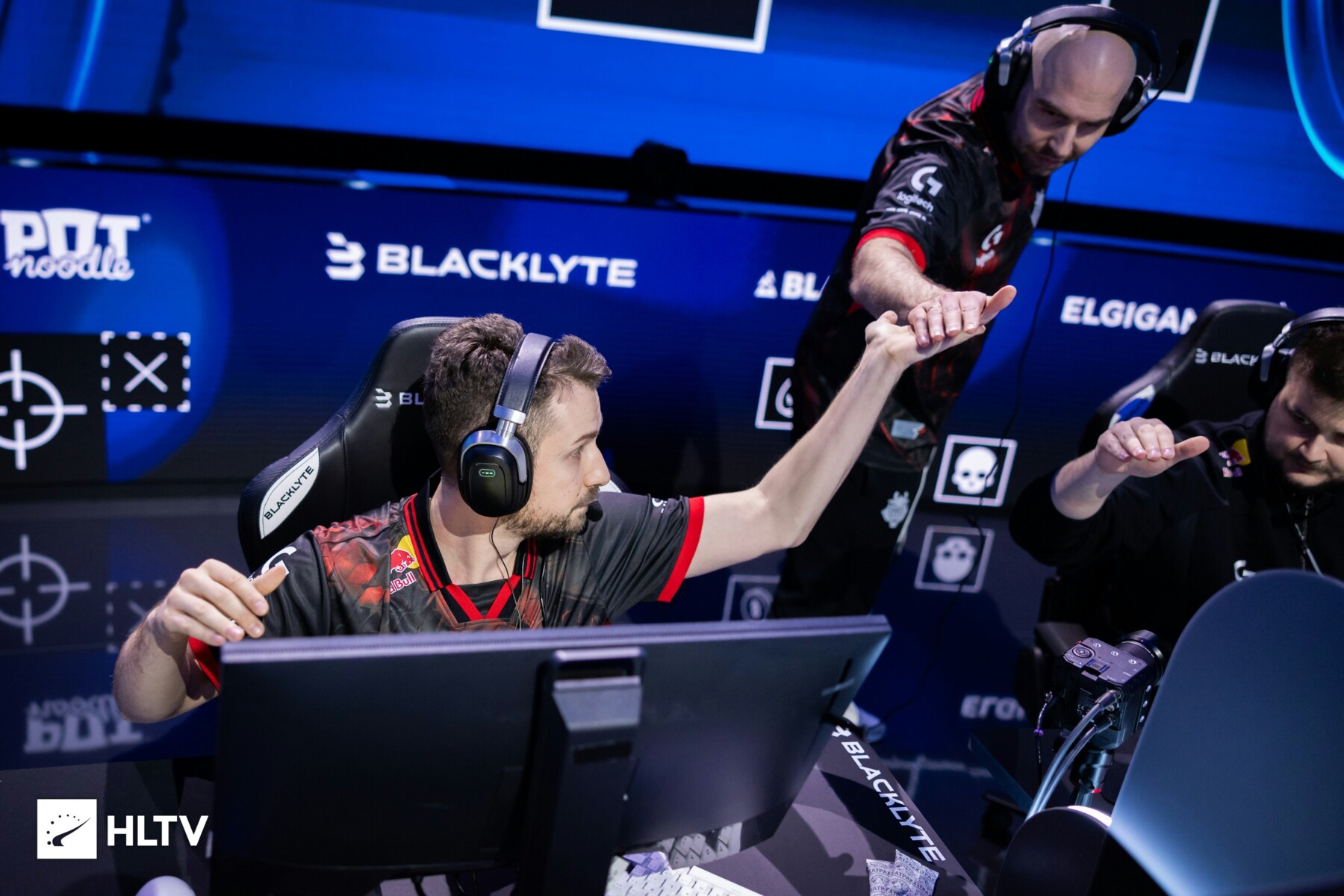

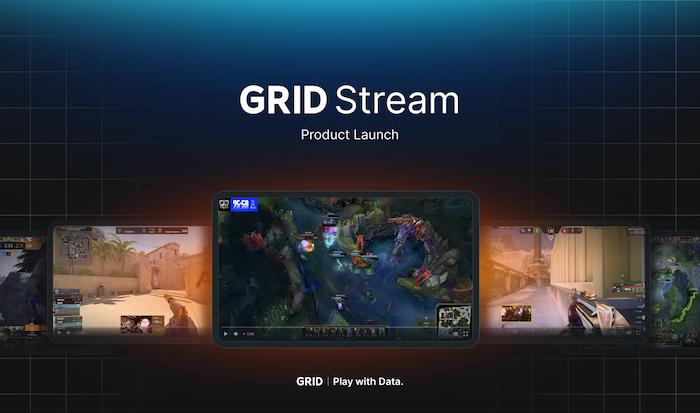
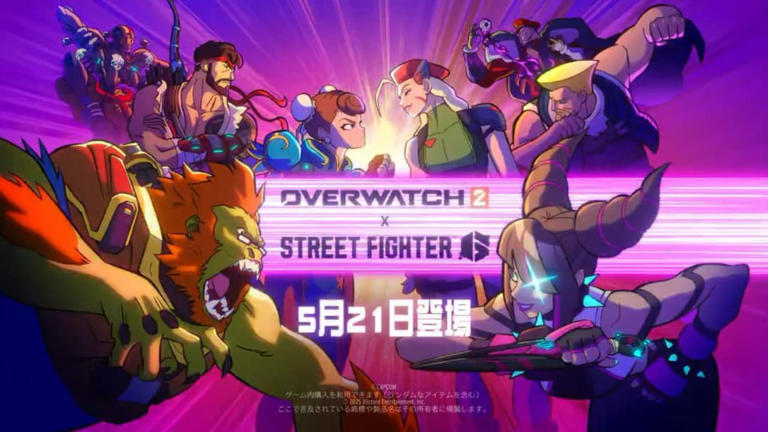














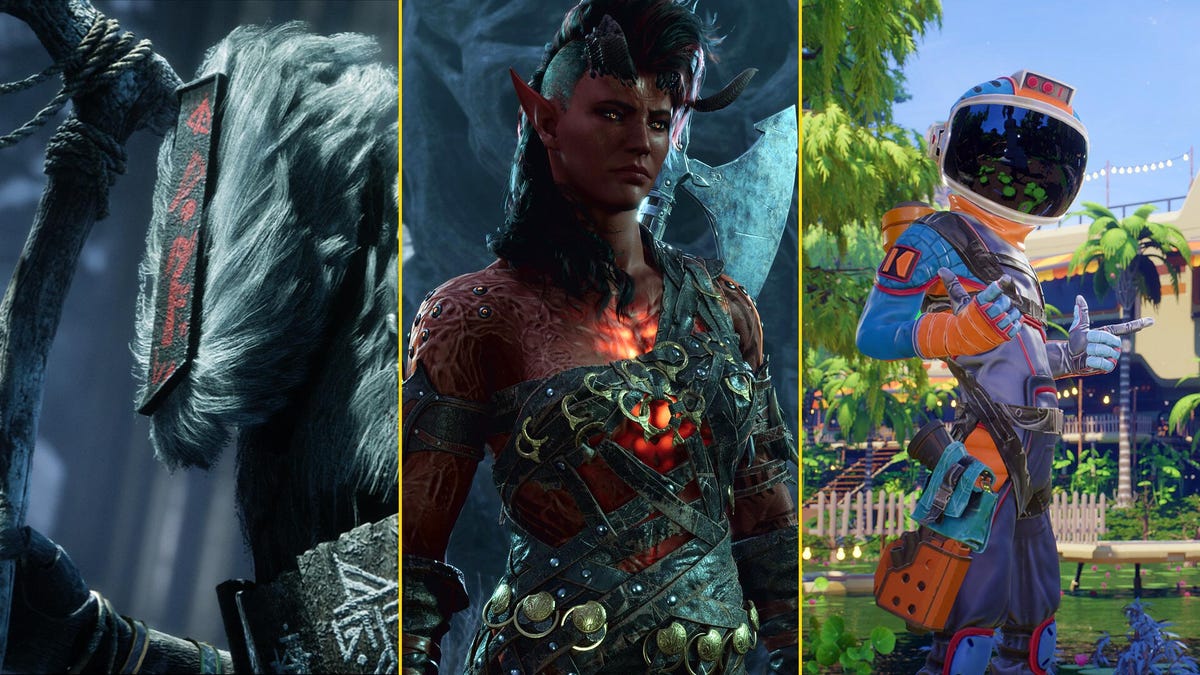
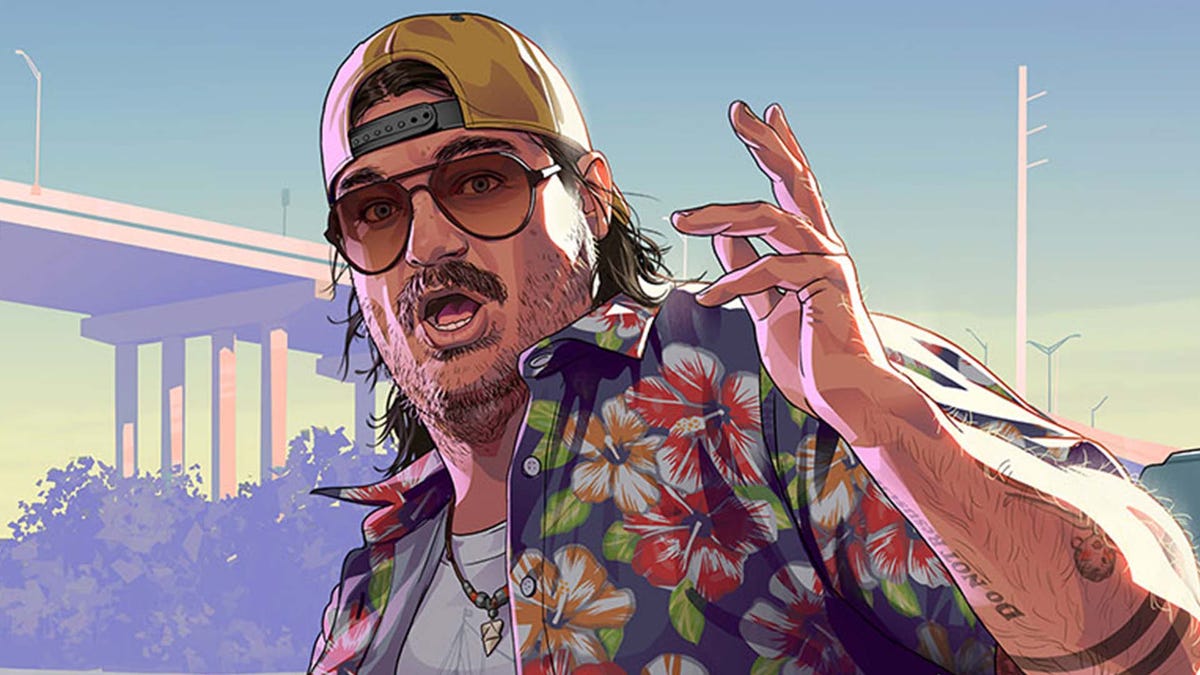
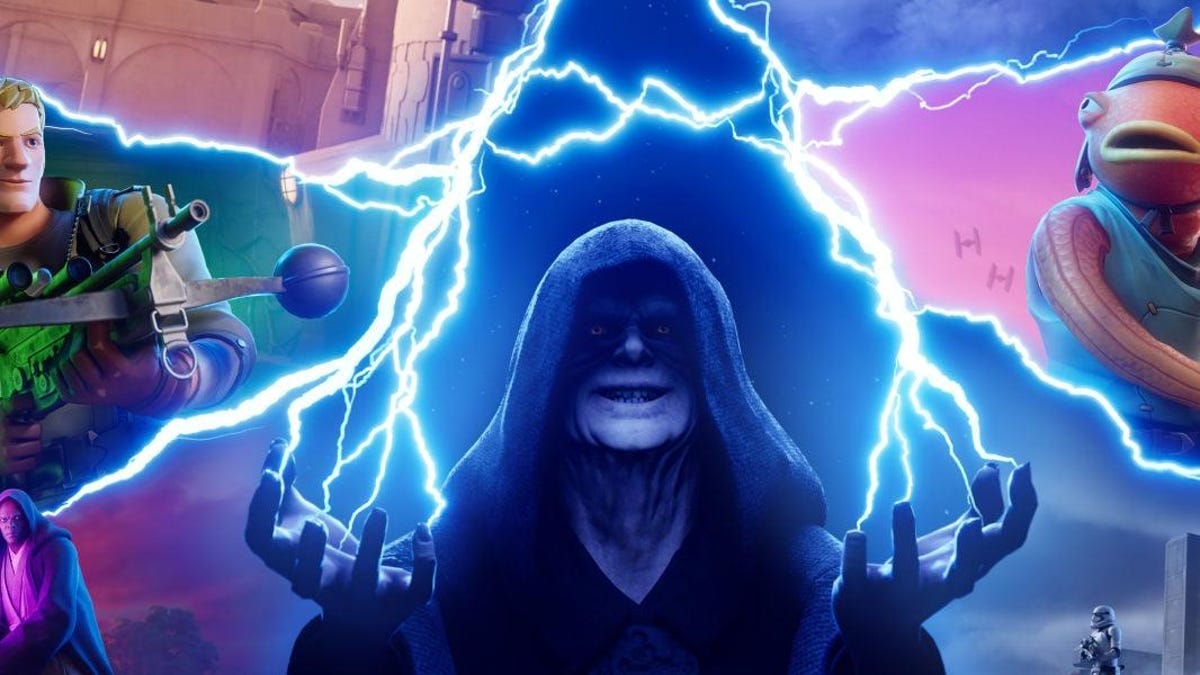








.jpg?width=1920&height=1920&fit=bounds&quality=70&format=jpg&auto=webp#)
